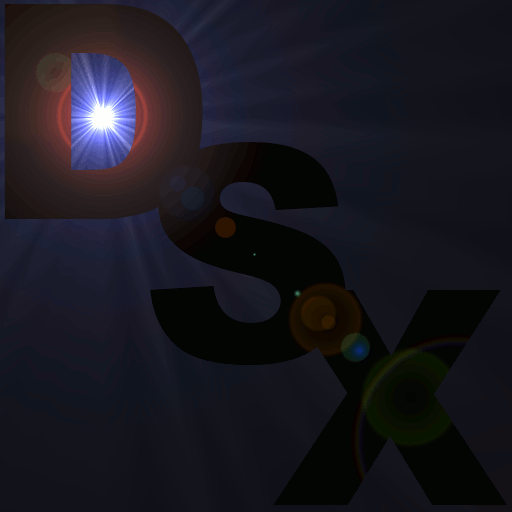Chatroom google Style Content Management Javascript
The HyperText Markup Language, or HTML is the standard markup language for documents designed to be displayed in a web browser. It can be assisted by technologies such as Cascading Style Sheets (CSS) and scripting languages such as JavaScript.
A content management system (CMS) is a computer software used to manage the creation and modification of digital content (content management). A CMS is typically used for enterprise content management (ECM) and web content management (WCM). ECM typically supports multiple users in a collaborative environment by integrating document management, digital asset management, and record retention.
The frontend is the content management application. It enables writers, editors, and project managers to work seamlessly without the need to code. The backend is the content delivery application, which is used for publishing and displaying the content in various formats based on the CMS.
The frontend is the content management application. It enables writers, editors, and project managers to work seamlessly without the need to code. The backend is the content delivery application, which is used for publishing and displaying the content in various formats based on the CMS.
DSX Content Management System

DSX is a flexible CMS aimed at grabbing Top 10 Search Results with "Pure SEO". I have spent over 20 years developing new ways to grab the Top 10 on Google, Bing and other top Search Engines such as Yahoo, DuckDuckGo and have developed my "Pure SEO" technique into a Content Management System that's realtively simple to use if you have any experience with typing, beacuase that's all there is to do here.
Cascading Style Sheets (CSS) is a style sheet language used for describing the presentation of a document written in a markup language such as HTML. CSS is a cornerstone technology of the World Wide Web, alongside HTML and JavaScript.
CSS is designed to enable the separation of presentation and content, including layout, colors, and fonts. This separation can improve content accessibility; provide more flexibility and control in the specification of presentation characteristics; enable multiple web pages to share formatting by specifying the relevant CSS in a separate .css file, which reduces complexity and repetition in the structural content; and enable the .css file to be cached to improve the page load speed between the pages that share the file and its formatting.
Thanks to technology advancements, there are many different content management systems to choose from. While they have different functionalities, they also share key features. But before we jump into the key features, you should know that a content management system is made up of two main parts: the frontend and backend.
PHP is a popular general purpose scripting language that is especially suited to web development. Fast, flexible and pragmatic, PHP powers everything from your blog to the most popular websites in the world.